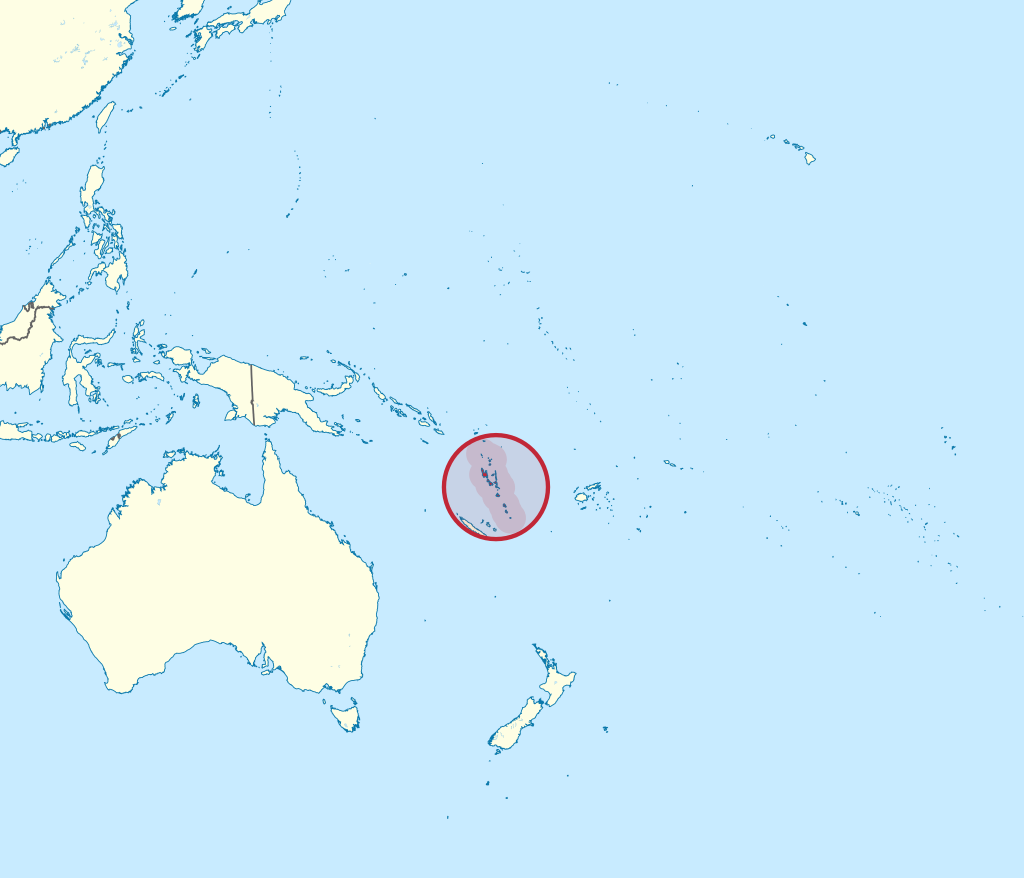Why Vanuatu is crucial for the U.S.’s relationship with China

A map showing Vanuatu’s location in the Pacific region.
Anna Johnson - China has been one of the central actors driving American foreign policy for decades. In recent years, China has begun to project its own power throughout the Pacific. In response, the United States has had to reevaluate its own power projection in the region to counterbalance China’s actions. The United States’ fraught relationship with China has been further complicated by the U.S.’s announcement that they will open an embassy in Vanuatu, a small island in the southwestern Pacific Ocean. As China’s influence grows in this region, so does its global influence and power.
The embassy itself is a projection of material power, expressing the U.S.’s economic strength through its ability to build and staff an embassy in such a remote country. The embassy itself would open a more direct channel of communication between the U.S. and the island country of Vanuatu, previously represented in Papua New Guinea. The operation of an embassy so close to China and in direct conflict with their Pacific strategy is a clear exercise in ideological power to push Vanuatu to willingly align its interests with the United States’ interests. The State Department has framed this power projection strategy as “development assistance” for Vanuatu, a common strategy in exercising ideological power. Smaller countries like Vanuatu often accept this kind of power projection as a way to speed up development despite the clear ideological agenda behind it. China has been exercising its material and ideological strength in the region for years, investing in states around the world through its Belt and Road Initiative. China has set up highly integrated networks across the globe where they see the potential for economic investment and trade.
This move is part of the United States’s larger Indo-Pacific strategy, an overall shift in its geopolitical code which outlines our policies toward and relationship with allies and enemies. The “shift to China” narrative has been a popular position in several administrations, but the creation of this embassy shows a clear commitment to concrete action to counter China’s growing influence with Pacific states. With a population of 319,000, Vanuatu may seem unlikely to play a major role in U.S. foreign policy. But its prime location near the Solomon Islands, who recently signed a security pact with China, means the decision to open an embassy there could be significant in the near future.
TUBS, CC BY-SA 3.0, via Wikimedia Commons

